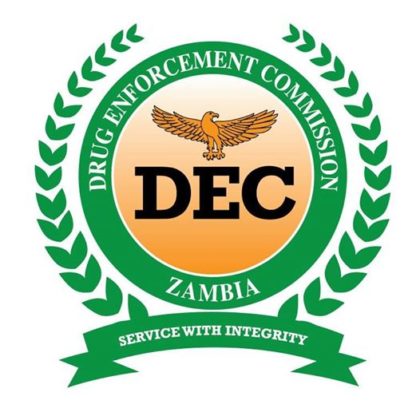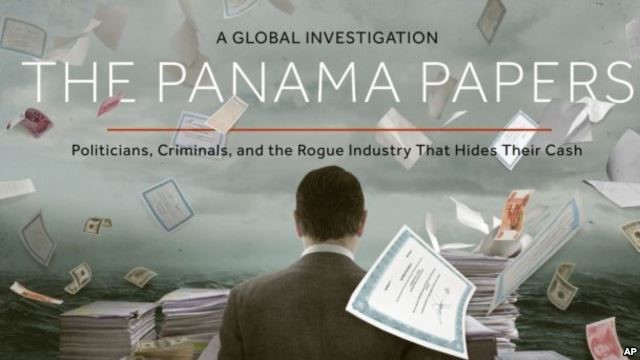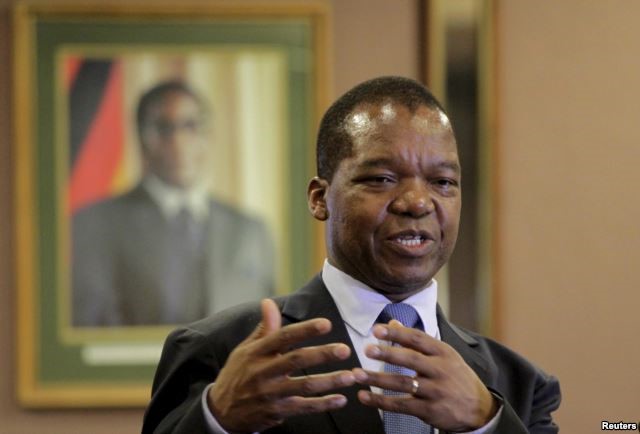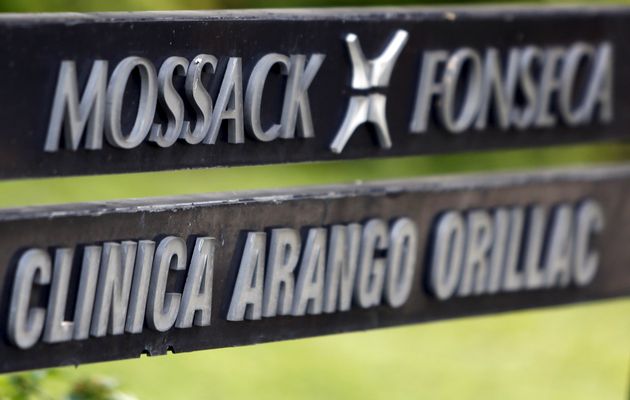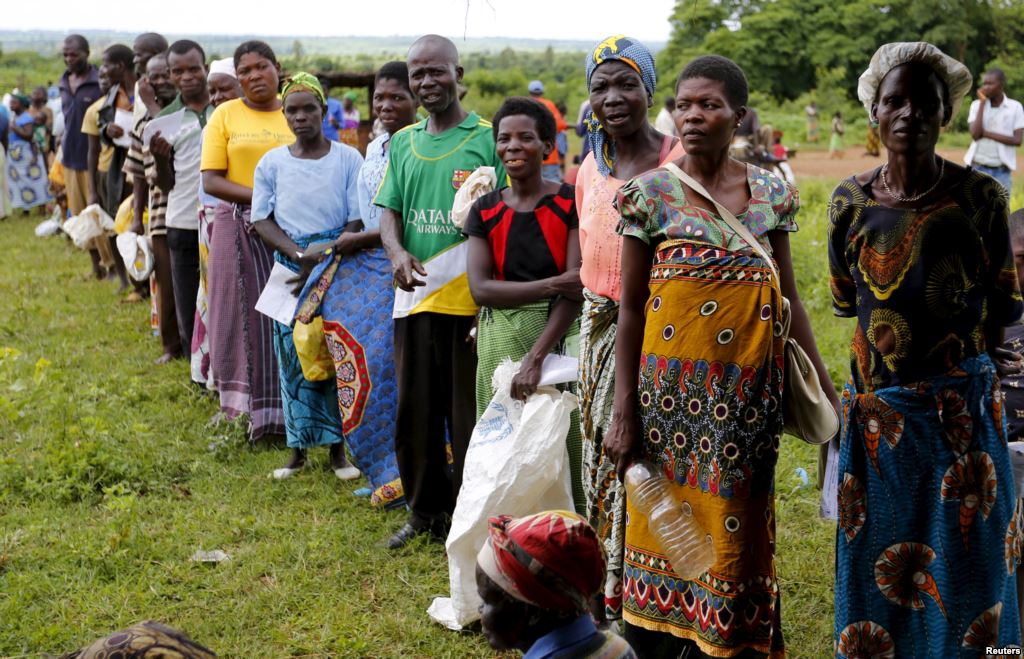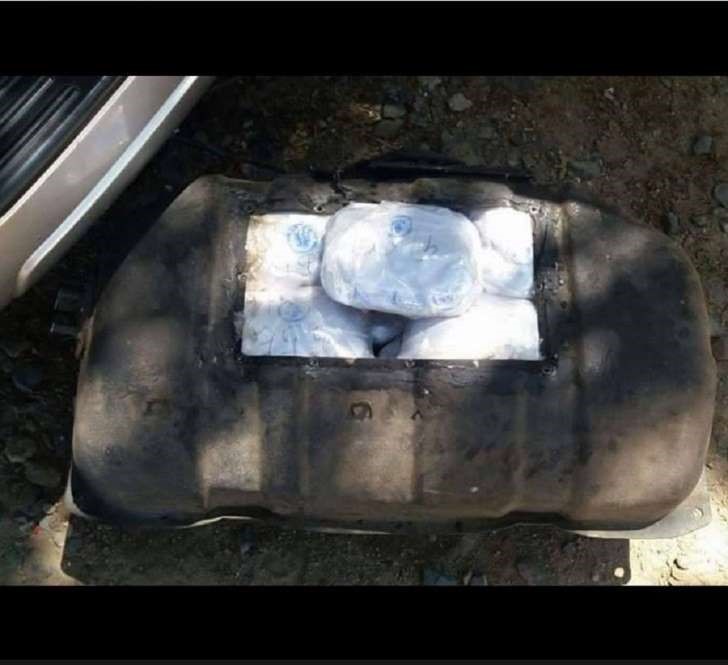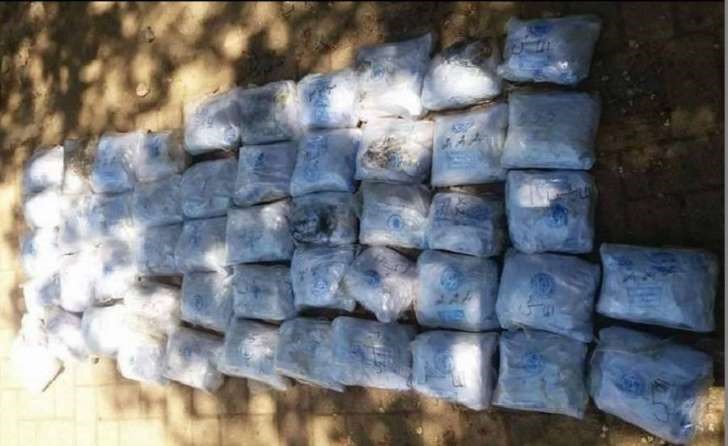Ex-Tanzania Revenue Authority boss, 2 others arraigned
FAUSTINE KAPAMA 02 April 2016
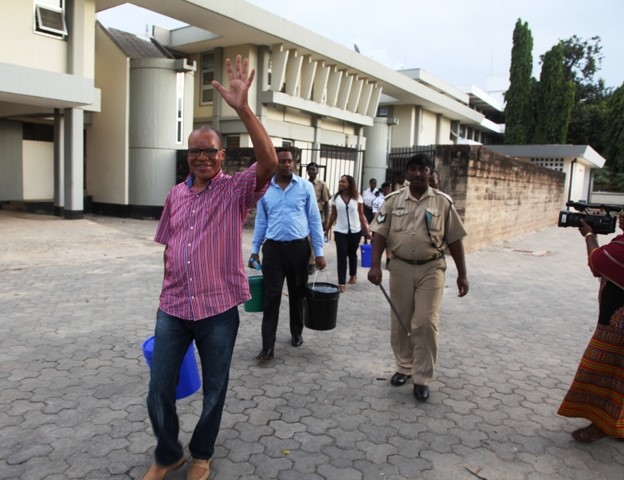
FORMER Commissioner General of Tanzania Revenue Authority (TRA) Harry Kitilya waves as he heads to board a prison vehicle on his way to Keko remand prison after being charged with money laundering at the Kisutu Resident magistrates Court in Dar es Salaam. Behind him are co-accused Sioi Solomon and Shose Sinare (Photo by Robert Okanda)
THE 600 million US dollar bribery scandal involving London-based ICBC Standard Bank yesterday took a new turn following the arraignment of three Tanzanians, including former Commissioner General of the Tanzania Revenue Authority (TRA), Harry Kitilya.
The accused are facing several counts, including money laundering. Other accused persons are former Miss Tanzania and head of investment banking at Stanbic Bank Shose Sinare and Sioi Graham Solomon, the former Chief Legal Counsel to the bank.
Other charges include forgery, uttering false documents and obtaining six million US dollars (about 12bn/-) by false pretence. Before Senior Resident Magistrate Emilius Mchauru, the trio denied the charges. They were remanded until April 8, when the court is set to deliver a ruling on an application for bail.
The defence team, led by Dr Ringo Tenga and Mr Semu Anney had requested the court to grant bail to their clients. However, the prosecution comprising Principal State Attorney Oswald Tibabyekomya, Senior State Attorney Christopher Msigwa and Stanley Luwoga from the Prevention and Combating of Corruption Bureau (PCCB) remained opposed to the request as the case involving money laundering was unbailable.
The prosecution told the court that on diverse dates between August 2012 and March 2013, within the city of Dar es Salaam, the three accused persons conspired together and other people who are not in court to commit an offence of obtaining money by false pretence from the government.
On August 2, 2012 at Stanbic Bank Tanzania Limited headquarters in Kinondoni District in the city, with intent to deceit, Sinare made a false Standard Bank's financing proposal dated August 2, 2012. She purportedly showed that Standard Bank London in collaboration with Stanbic Bank Tanzania would raise a loan amounting to 550 million US dollars for the government of the United Republic of Tanzania at a facilitation fee of 2.4 per cent of the principal amount, the fact she knew to be false.
The court heard that on August 13, 2012, the former Miss Tanzania allegedly fraudulently uttered the false document at the ministry of finance within Ilala District in the city. It is alleged further that on September 20, 2012, at Stanbic Bank, Sinare made a false mandate letter for proposed offering of 550 million US dollars financing, purporting that Standard Bank PLC in collaboration with Stanbic Bank would raise the money for the government if engaged as a lead manager.
The prosecution alleged that the same accused person uttered the said letter at the office of the ministry of finance for similar purposes. On November 5, 2012, at Stanbic Bank in thecity, all the three accused persons, with intent to deceit, allegedly made a false collaboration agreement purporting to show that the bank has established a consortium to collaborate with Enterprise Growth Market Advisors (EGMA) Limited.
The purpose, according to the prosecution, was to arrange for financing in the amount of 550 million US dollars to the government of Tanzania under which EGMA would arrange for negotiation and meeting involving the financing to facilitate understanding on the technicalities of the financing to the government.
It is claimed further that the EGMA was also to arrange for review finance documents and facilitate the provision of relevant documents or approval that would be required by relevant Tanzania authorities, the fact which the accused persons knew to be false.
According to the prosecution, in March 2013 in the city, Kitilya, Sinare and Solomon, with intent to defraud, jointly and together obtained from the government six million US dollars (about 12bn/-) by falsely pretending that the money was a facilitation fee payable to EGMA Limited. Such amount, it is alleged, was to facilitate together with Stanbic Bank Tanzania a loan to the government of the United Republic of Tanzania in the amount of 600 million US dollars.
The prosecution further charged the three accused persons with money laundering, an offence allegedly committed between March 13 and September, last year, within the city of Dar es Salaam. They are alleged to have directly engaged themselves in a transaction involving six million US dollars by transferring, withdrawing and depositing money relating to that transaction in different bank accounts maintained by EGMA Limited at Stanbic Bank Tanzania Limited and KCB Bank Limited.
The prosecution told the court further that the accused persons ought to have known that the said money was the proceeds of a predicate offence, which is forgery. It was reported recently that the London-based ICBC Standard Bank paid 33 million US dollars after admitting it failed to prevent bribery by two bankers at a sister firm in Tanzania.
Media reports from UK say the deal, sanctioned by a High Court judge, was the first time the SFO had used its powers to strike a deferred prosecution agreement (DPA).
The UK court heard two officials at Stanbic Bank in Tanzania, which is a subsidiary of the London bank, paid $6m to a third-party in Tanzania to help secure a deal for the bank to raise the 600 million US dollars for the Tanzanian government. It later emerged that six million US dollars was paid to Enterprise Growth Market Advisors, a company linked to two senior government officials.

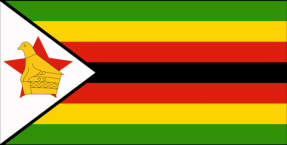 VARIOUS impediments
still stand in the way of efforts to address rampant corruption eating into the
core of the social, political and economic fabric of the Zimbabwean society,
stakeholders have said.
VARIOUS impediments
still stand in the way of efforts to address rampant corruption eating into the
core of the social, political and economic fabric of the Zimbabwean society,
stakeholders have said.